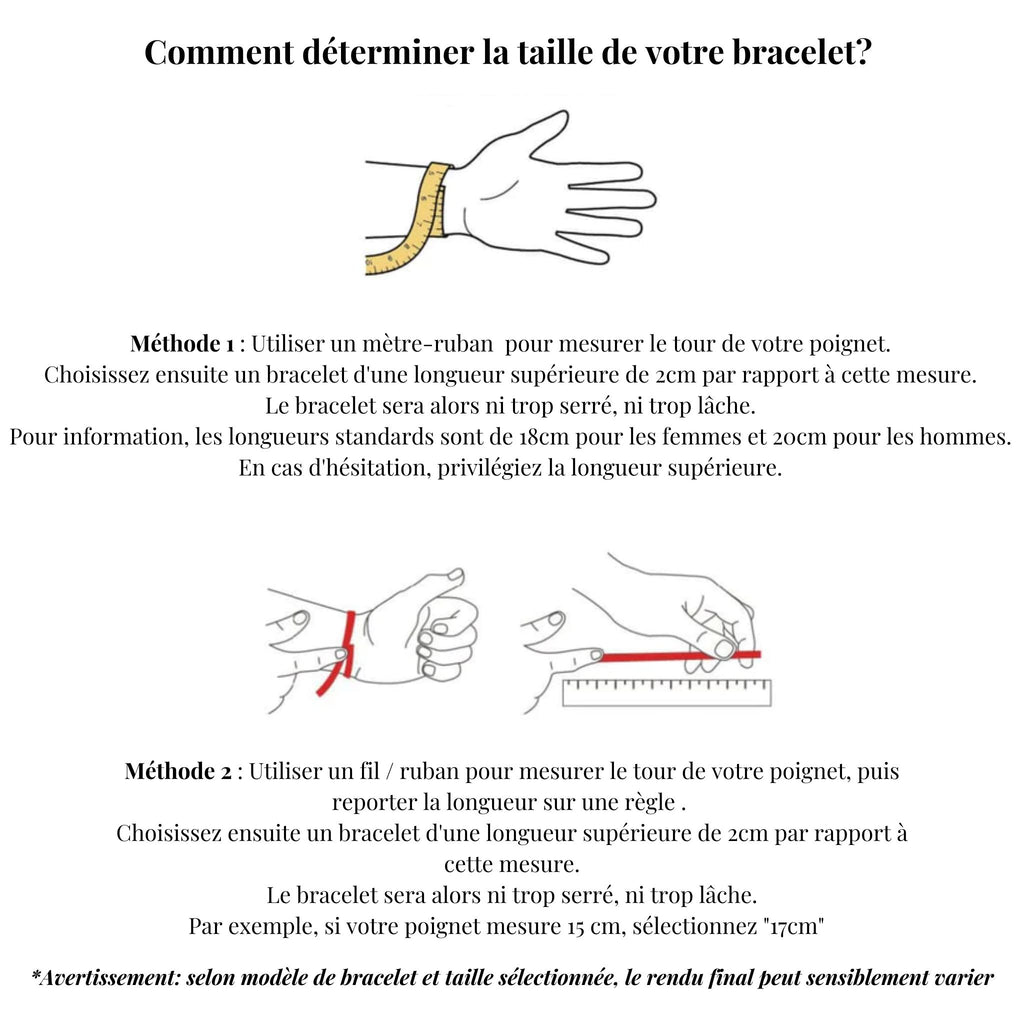In the fast-paced and often stressful world we live in, relaxation techniques are becoming increasingly important in the treatment of depression. Ancestral practices that have spanned centuries, meditation, yoga and deep breathing exercises offer refuges of inner peace and mental clarity. Mindfulness meditation, in particular, encourages living in the present moment without judgment, thereby reducing the impact of negative thoughts and worries that can fuel the spiral of depression. Yoga, combining physical postures, breathing techniques and meditation, promotes balance between body and mind, reducing stress and improving mental health. These practices are not limited to formal sessions but can be integrated into daily life, providing accessible tools to manage stress, anxiety and improve emotional state. Regular adoption of these relaxation techniques helps create a lasting state of well-being, strengthening resilience in the face of life's challenges and playing a preventive role against the recurrence of depression.
The Essence of Restorative Sleep
Sleep plays a critical role in managing depression, as insufficient or poor quality sleep can exacerbate depressive symptoms. Regulating the sleep-wake cycle is essential for mental well-being, as it directly influences mood, energy and the ability to manage stress. Establishing a regular sleep routine, fostering an environment conducive to rest, and avoiding stimulants like caffeine and bright screens before bed are key strategies for improving sleep quality. Relaxation techniques before bed, such as reading, meditation, or gentle breathing exercises, can also help prepare the body and mind for rest. Restorative sleep strengthens emotional resilience mechanisms, improves concentration and decision-making, and supports emotion regulation, thus playing a fundamental role in the holistic treatment of depression.
Strengthening Social Support and the Importance of Therapy
Social support is an essential pillar in recovery from depression. Being surrounded by friends, family or support groups who offer understanding, compassion and encouragement can significantly alleviate the feelings of isolation often felt by those suffering from depression. Meanwhile, professional therapies, such as cognitive behavioral therapy (CBT), offer concrete strategies for managing negative thoughts and behaviors, working on the underlying thought patterns that contribute to depression. These therapies help develop resilience and coping skills, allowing for better management of daily challenges and stressors. Engaging in a therapeutic process, supported by a strong support network, creates an environment conducive to healing and personal development, paving the way to lasting recovery and improved quality of life.
Summary of Natural and Complementary Approaches
The Integration of Phytotherapy and Supplements
The use of medicinal plants and dietary supplements represents a valuable complement to conventional treatments for depression. Substances like St. John's Wort, known for its antidepressant properties, and saffron, studied for its positive effect on mood, can offer natural alternatives or complements to pharmacological treatments, always under medical supervision to avoid potential interactions. Omega-3 fatty acids, as a dietary supplement, support brain health and can contribute to emotional balance. It is crucial to approach these treatments with caution, consulting with healthcare professionals for safe and effective integration into the overall care plan.
Natural Light as Therapy
Exposure to natural light, particularly in light therapy for seasonal affective disorder, plays a significant role in regulating mood and the sleep-wake cycle. Light influences the production of melatonin, the sleep-regulating hormone, and can help readjust the circadian rhythm, helping to improve mood and energy. Encouraging outdoor activities during sunny hours or using light therapy lamps during winter months can be an effective strategy for combating seasonal depression and boosting overall well-being.
Mindfulness and Connection to the Present Moment
Mindfulness practice encourages embracing the present moment with acceptance and without judgment, providing a powerful antidote to the ruminative tendencies and future worries that often characterize depression. Cultivating an attitude of mindfulness through meditative practices, journaling, or simply mindful attention to daily activities, can help break the cycle of negative thoughts, reduce stress, and promote a state of inner peace. This approach, centered on acceptance and attention, enriches the range of depression management strategies, contributing to a more balanced and harmonious vision of life.
Conclusion
Healing depression requires a holistic approach that embraces the individual's body, mind, and environment. By integrating nutritional, physical, psychological and environmental strategies, it is possible to develop a personalized treatment plan that addresses the complexity of depression in all its forms. Recognizing the importance of professional counseling and social support is crucial to navigating recovery. Natural and complementary approaches offer valuable resources to support this journey, recognizing that every step toward wellness is a step toward a richer, more fulfilled life. By taking a holistic view of mental health, we pave the way for lasting solutions and strengthened resilience to life's challenges.
The ShivShakti signature
In addition to traditional and natural approaches to combating depression, the use of specific stones can play a significant role in the process of healing and well-being. At ShivShakti, we recognize the potential of stones in regulating energies and improving the emotional state. For an in-depth exploration of the stones recommended in the fight against depression, we invite you to visit our dedicated page .
Furthermore, we have carefully designed the DEPRESSION Bracelet , a unique blend of black Tourmaline, Citrine and Selenite, selected for their specific virtues in relieving depression:

- Black Tourmaline : Known for its ability to absorb negative energies, black Tourmaline is a powerful protector. It helps keep dark thoughts away and brings a feeling of security.
- Citrine : This energizing solar stone is known to stimulate joy of life, self-confidence and dynamism. It helps combat sadness and promotes a positive attitude.
- Selenite : Stone of serenity, Selenite promotes inner peace, clarity of mind and access to higher consciousness. It helps to dissipate emotional blockages and align the chakras.
This bracelet is not just a fashion accessory; it constitutes a daily energetic support, accompanying you in your process of healing and emotional balance. To learn more about this bracelet and how it can support you in your fight against depression, visit our product page .
Usage tips :
- Wear the DEPRESSION bracelet on your wrist, preferably the left for better absorption of energies.
- Purify your bracelet regularly to maximize its benefits, by running it under running water or by placing it in the sun or on an amethyst geode.
- Meditate with your bracelet, focusing on intentions of healing and well-being.
Lithotherapy, in addition to medical and psychological approaches, offers an additional path to recovery and well-being. At ShivShakti, we believe in the power of nature and energies to support each individual on their healing journey.

















